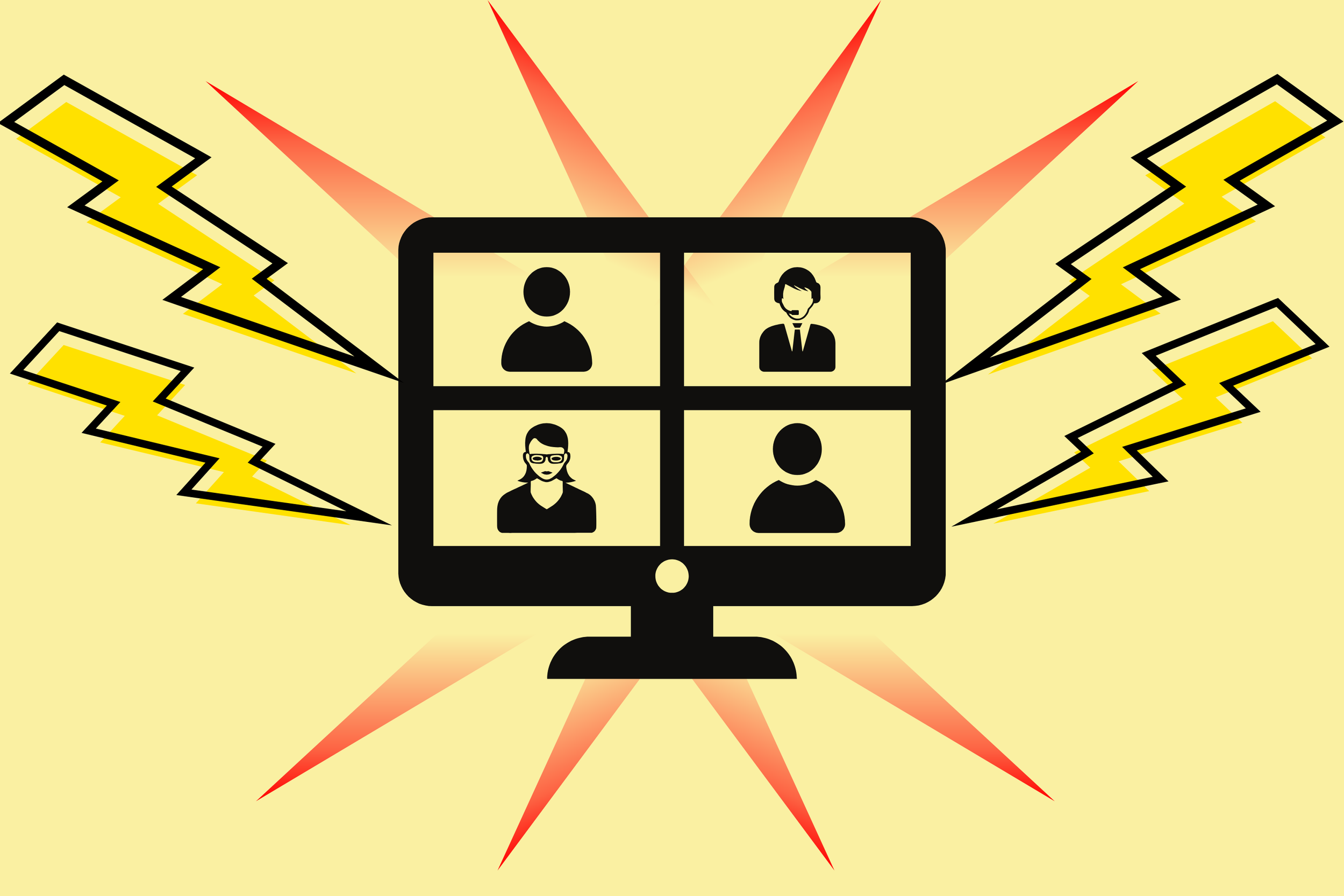Challenges of the Virtual Meeting Era
📷 credit: Sonja Hansen
I had an experience last week that is familiar for too many organizers and educators.
I was preparing to cohost a Zoom call where it seemed like the stars had aligned – a timely topic with a strong set of speakers and an engaged co-host had led us to almost 50 RSVPs. For us, this was a strong turnout for a somewhat niche philanthropic strategy conversation.
Sadly, only six attendees logged on who were not connected to one of the organizers or speakers. It was still a powerful call, and we got very appreciative feedback from the participants…and a bunch of requests for the recording even though this was an off-the-record call with no recording.
A few days later I saw a TikTok about tsundoku, the Japanese word that refers to the practice of accumulating books without reading them, something my fiancé will confirm I am very guilty of! That video got me thinking…what would be the equivalent of collecting webinar recordings you won't watch? With the help of some AI brainstorming, I present to you half a dozen favorite new terms:
Tsunwebinaru - Tsun or “to pile up” (from tsumu, like in tsundoku) plus webinaru (the Japanese katakana rendering of the English word webinar). So, tsunwebinaru would whimsically mean "the practice of accumulating webinar recordings without watching them."
Zoomnoku - From Zoom + tsundoku, the ancient and noble art of clicking “Register” on Zoom webinars and then ghosting the playback link like a pro.
Webinarchivist - A portmanteau of webinar + archivist to describe someone dedicated to curating an impressive archive of unwatched webinars, for anthropological study by future civilizations.
FOMOnar Syndrome - From FOMO (fear of missing out) + webinar, translating to the compulsive behavior of signing up for every free webinar just in case it’s life-changing (spoiler: you never watch them).
Click’n’Skip - For those who enthusiastically register, confirm, calendar... and then ghost. “Click now, skip forever.”
Save-it Syndrome - Compulsive saving of links, files, and webinars with absolutely no plan for follow-through. Usually followed by “I’ll totally watch this over the weekend.”
But more seriously, it got me thinking, how do we improve our webinars and Zoom calls in an era of online engagement burnout? Here are three strategies I’ve been thinking about that chip away at different connected issues:
Extend your reach – First, I’ve been pondering that we ask the same people in our networks to keep coming back. How do we engage new people? How do we ask our networks to promote our content to their networks? Who else can be dissemination or recruitment partners? Maybe we can find some new participants for whom our content is excitingly new.
Filter RSVPs – In the webinar example above, we would have had more realistic expectations if we knew some people who RSVP’d just wanted a recording. We could have clarified that this was “off-the-record” to encourage people to log in. Or if we’d planned to record, we could have asked in the RSVP if each respondent was “definitely planning to show, might show depending on their schedule, or just RSVP’ing for the notes/recording.”
Plan for Better Follow-Up – In the race that we all face to keep up, one thing I’ve noticed we and so many others could do better is follow up on a training or briefing more thoughtfully. To name a few examples, we all could prep our follow-up emails so they can get sent out quickly, clean up recordings with either light or heavy editing to make them more engaging, craft highlight notes so people capture some key takeaways, or even highlight the timestamps of each highlight so people are incentivized to open the recordings that sadly get so few views.
I know we won’t have time to do all these things ourselves, but they’re things I’m keeping in mind to try and do as much as possible when possible. What else are you trying?


